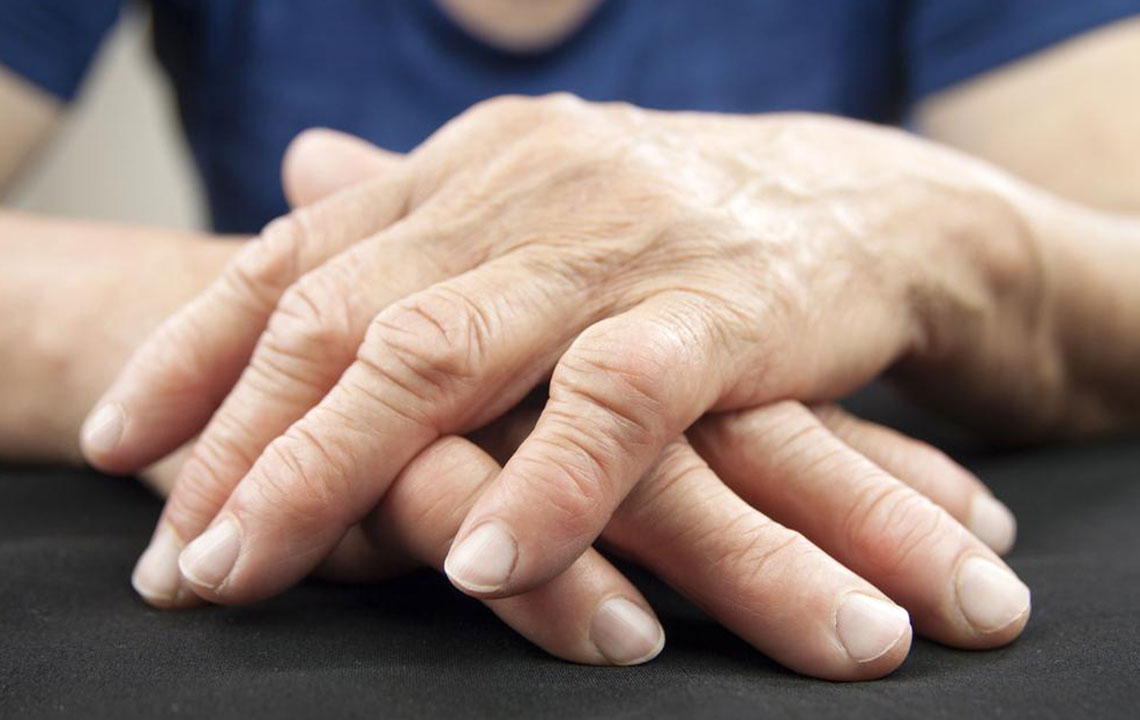Comprehensive Guide to Rheumatoid Arthritis: Causes, Symptoms, Diagnosis, and Effective Management Strategies
This comprehensive guide explores rheumatoid arthritis, detailing its causes, symptoms, diagnostic methods, and modern treatment strategies. Learn how early detection and personalized care can improve quality of life for those affected by this chronic autoimmune condition. The article emphasizes the importance of lifestyle modifications, medical therapies, and ongoing research to better understand and manage RA effectively.

Comprehensive Guide to Rheumatoid Arthritis: Causes, Symptoms, Diagnosis, and Effective Management Strategies
Rheumatoid arthritis (RA) is a complex, chronic autoimmune disorder that primarily attacks the joints, causing pain, inflammation, and joint deformities. This disease impacts various joints in the body, including the wrists, elbows, fingers, toes, and sometimes even organs beyond the musculoskeletal system. Understanding RA requires a detailed look into its causes, symptoms, diagnostic procedures, and the latest management approaches to help patients lead healthier, more comfortable lives.
Rheumatoid arthritis is believed to be caused by an abnormal immune response where the body’s immune system mistakenly attacks its own tissues, particularly the synovial membrane of joints. Despite extensive research, the exact factors triggering RA remain elusive. Genetics play a significant role, with certain gene variations increasing susceptibility. Hormonal influences, particularly in women, suggest that hormonal fluctuations may contribute to disease onset. Lifestyle factors such as obesity, smoking, and stress are also believed to influence RA's development and progression.
Diagnosing RA is multifaceted, involving a combination of physical examinations, laboratory tests, detailed medical history assessments, and imaging techniques like X-rays. Since symptoms can resemble other joint conditions, accurate diagnosis is crucial for effective management. Rheumatologists look for signs such as joint swelling, warmth, tenderness, and deformities, along with blood markers indicating inflammation, such as elevated ESR and CRP levels. Imaging scans help assess joint damage and disease progression over time.
Though there is currently no cure for rheumatoid arthritis, early detection and comprehensive treatment can significantly improve quality of life. The primary goal of therapy is to alleviate pain, reduce inflammation, prevent irreversible joint damage, and maintain joint function. Treatments include a variety of medications like disease-modifying antirheumatic drugs (DMARDs), biologics, corticosteroids, and NSAIDs. Additionally, lifestyle modifications, physical therapy, and occupational therapy play essential roles in managing symptoms and preventing disability.
Recent advancements in RA management focus on personalized medicine, allowing treatments to be tailored according to individual disease activity and response. Researchers are investigating the role of infections, genetic predispositions, and environmental factors in disease development. Women are disproportionately affected, often due to hormonal changes, and risk factors such as obesity and psychological stress are being recognized as contributors to disease severity. Support groups and patient education are also crucial components of a holistic approach for effective RA management.
Living with rheumatoid arthritis involves ongoing management and adaptation. Patients are encouraged to maintain an active lifestyle within their limits, adhere to prescribed therapies, and seek regular medical advice. Advances in biologic therapies and targeted treatments have greatly improved the outlook for many RA sufferers, helping them preserve joint function and reduce symptoms over time.





